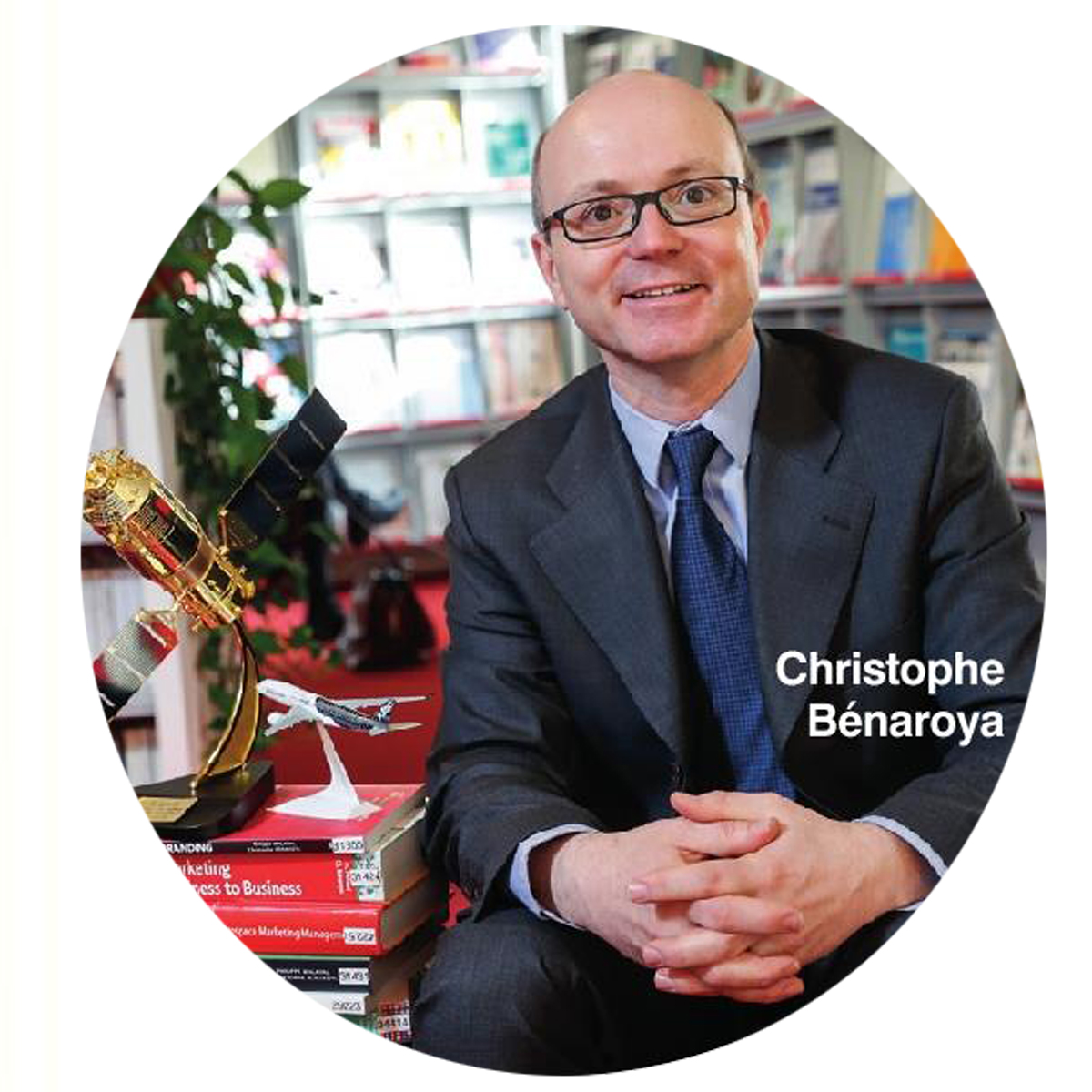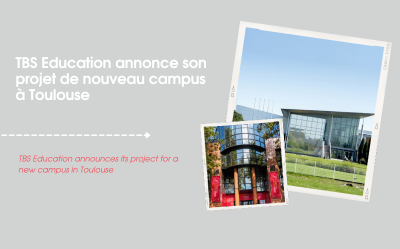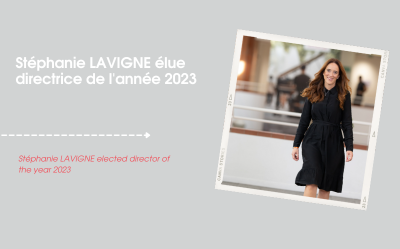News

An interview with Christophe Bénaroya, Director of the Aerospace MBA at Toulouse Business School.
TBS: Taking aerospace talent to new heights.
The Aerospace MBA of Toulouse Business School (TBS) delivers a world-class programme tailored for experienced managers looking to develop their international management competencies and leadership in aerospace.
The European caught up with Christophe Bénaroya (ESC 1993), Director of the Aerospace MBA programme, to find out more about the role the course plays within the industry.

Please outline some of the talent recruitment and management issues confronting the aerospace industry.
Christophe Bénaroya: The world is shrinking. Technologies and markets are intertwining, new business models are reshaping business practices and the previously distinct aeronauties and space markets are now converging. We live in a volatile, uncertain, complex and ambiguous world, and the industry needs managers and leaders able to perform despite this environment. How? Training the high potential candidates to overcome volatility, investing in information and analysis to adapt and anticipate uncertainty, bringing specialists to help tackling complexity, and using hypothesis testing to remove ambiguity. It is important to assist the executives in developing soft skills and their ability to think in a more integrated way. Nowadays, employers want analytical and strategic thinking, creative problem solving,communication and leadership skills and ability to work collaboratively in an international environment.
How is TBS able to bridge the gap between the needs of an organisation and world-dass talent looking for new opportunities?
CB: Our immersive programme enables delegates to experience aerospace management in action at an international level, developing leadership skills and confidence. The teaching methods invite reflection, apt responses and sharp judgment in an international environment. It exposes delegates to relevant industry insights and experiences through a mix of classroom interaction and experiential learning; delivering latest experiences from leading industry players. Finally, the programme engages with employers in actively sponsoring and participating in key aerospace events, being members of diverse aerospace institutions and organising top executive conferences.
How do you ensure the latest industry trends are processed and implemented on time?
CB: An executive MBA is not just about the latest management trends delivered by top-Ievel academie professors and researchers. It must be aligned with the industry trends and new practices. To begin with, we provide the tools and theory to allow participants to connect with their experiences and to challenge them to solve business issues based on current real life scenarios. Action-Iearning enables us to practice decision-making and results-driven approaches. Then, experts from the industry are associated with the programme not only to lecture or provide projects and missions, but to work with faculty and design the content provided in the curriculum. For instance, the Sirius Chair (CNES, Airbus Defence & Space, Thales Alenia Space) is supporting the specialised track Space Business & Applications. The programme encourages interaction between MBA participants and Alumni, which is another way to stay in tune with the industry thanks to "insiders and informers"!
What core sectors within the industry does the Aerospace MBA provide?
CB: Our core driver is to train executives in management and leadership in the aerospace value chain. Hence ail of these sectors are covered with special attention to aviation, aircraft manufacturing and space related business.
Further information:















No comment
Log in to post comment. Log in.